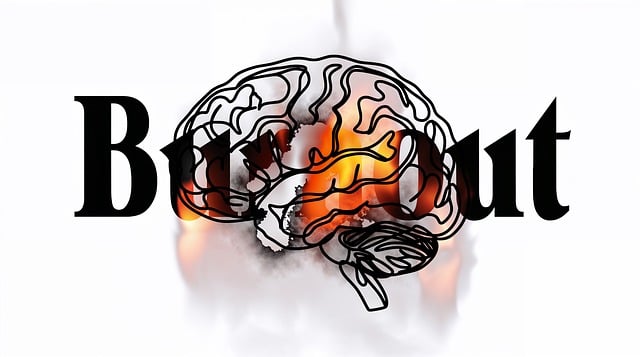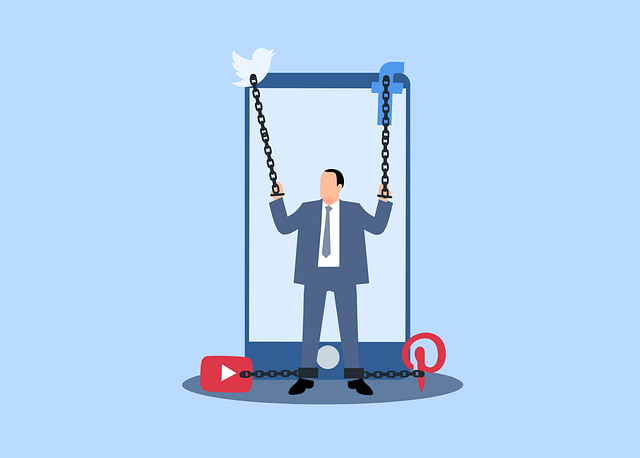Westminster Self-Esteem Therapy leads community outreach efforts, breaking down mental health barriers through workshops, support groups, and education. Their inclusive strategies cater to diverse needs, combat stigma, and enhance self-esteem, fostering resilient communities. By identifying local needs, setting clear objectives, and evaluating success with KPIs, they ensure their programs remain effective and adaptable, revolutionizing mental wellness coaching access.
Community outreach programs play a pivotal role in fostering social impact, especially for mental health initiatives like Westminster Self-Esteem Therapy. This article explores the transformative power of such programs and provides a comprehensive guide to their successful implementation. From understanding the community’s needs to designing targeted strategies, we delve into actionable steps. Learn how to launch and promote your initiative, then measure its impact. Discover techniques to ensure longevity and continuous improvement, ultimately enhancing the reach and effectiveness of Westminster Self-Esteem Therapy’s outreach efforts.
- Understanding the Impact of Community Outreach Programs
- Designing Effective Outreach Strategies for Westminster Self-Esteem Therapy
- Implementing and Promoting Your Program: A Step-by-Step Guide
- Measuring Success and Continuous Improvement Techniques
Understanding the Impact of Community Outreach Programs

Community outreach programs play a pivotal role in fostering positive change within society, especially when it comes to Westminster Self-Esteem Therapy. By reaching out to diverse communities, these initiatives have the power to enhance emotional regulation and address pressing issues like the mental illness stigma. Through interactive workshops, support groups, and educational sessions, participants can gain valuable skills for managing their emotional well-being.
Moreover, such programs contribute significantly to self-esteem improvement, which is a cornerstone of overall mental health. By empowering individuals with a sense of belonging and purpose, community outreach efforts create an environment conducive to overcoming challenges related to mental illness. This, in turn, leads to more resilient and connected communities where everyone feels valued and supported.
Designing Effective Outreach Strategies for Westminster Self-Esteem Therapy

At Westminster Self-Esteem Therapy, designing effective outreach strategies is paramount to fostering a supportive and inclusive community. The key lies in understanding the diverse needs of individuals seeking mental health support. By tailoring programs that address specific concerns, such as promoting positive thinking and emotional regulation, the therapy center can attract and engage those who might otherwise be hesitant to seek help. Incorporating creative approaches like workshops, online resources, and collaborative partnerships with local schools and community centers ensures accessibility and relevance.
Effective outreach also involves proactive risk management planning for mental health professionals. This includes developing strategies to address potential challenges, such as stigma associated with seeking therapy or addressing sensitive topics related to emotional well-being. By integrating these considerations into their outreach efforts, Westminster Self-Esteem Therapy can build trust, encourage open dialogue, and ultimately improve the overall mental health of the community they serve.
Implementing and Promoting Your Program: A Step-by-Step Guide

Implementing and promoting a community outreach program like Westminster Self-Esteem Therapy requires a strategic approach to ensure its success and maximum impact. Start by identifying the specific needs and gaps in your target community, aligning your program with local cultural sensitivity in mental healthcare practice. This involves understanding the unique challenges and strengths of the community you’re serving. Once defined, craft clear objectives and measurable outcomes for your initiative.
Develop a comprehensive marketing strategy to promote your program effectively. Utilize various channels such as social media, local partnerships, and community events to raise awareness about Westminster Self-Esteem Therapy and its benefits. Highlight how your program contributes to emotional well-being promotion techniques and fosters mental wellness coaching programs development within the community. Regularly evaluate and adapt your outreach strategies based on feedback and participation rates to continuously improve your program’s reach and effectiveness.
Measuring Success and Continuous Improvement Techniques

Measuring success is a vital component of any community outreach program, including those focusing on mental health awareness and well-being initiatives like Westminster Self-Esteem Therapy’s offerings. By setting clear goals and employing robust evaluation methods, organizations can assess the impact and effectiveness of their programs. This involves tracking key performance indicators (KPIs), collecting participant feedback, and analyzing qualitative and quantitative data to gauge progress. For example, a Stress Management Workshops Organization might measure success through increased attendance rates, positive testimonials from participants, and improved scores on post-workshop mental health assessments.
Continuous improvement is equally important, ensuring that outreach programs evolve and adapt to meet the changing needs of the community. Organizations can implement techniques such as action planning, where identified gaps or challenges are addressed with specific strategies and measurable outcomes. Regularly reviewing program materials, methodologies, and delivery formats allows for enhancements based on feedback and emerging best practices. This iterative process fosters a dynamic and responsive approach, encouraging programs like Mental Health Awareness initiatives to stay relevant and impactful in the long term.
Community outreach programs, like those offered by Westminster Self-Esteem Therapy, are powerful tools for fostering connection and positive change. By understanding the impact, designing effective strategies, implementing clear steps, and measuring success, organizations can create meaningful connections that enhance their community’s well-being. Continuous improvement techniques ensure these programs remain relevant and impactful over time, ultimately contributing to a stronger, more resilient society.














